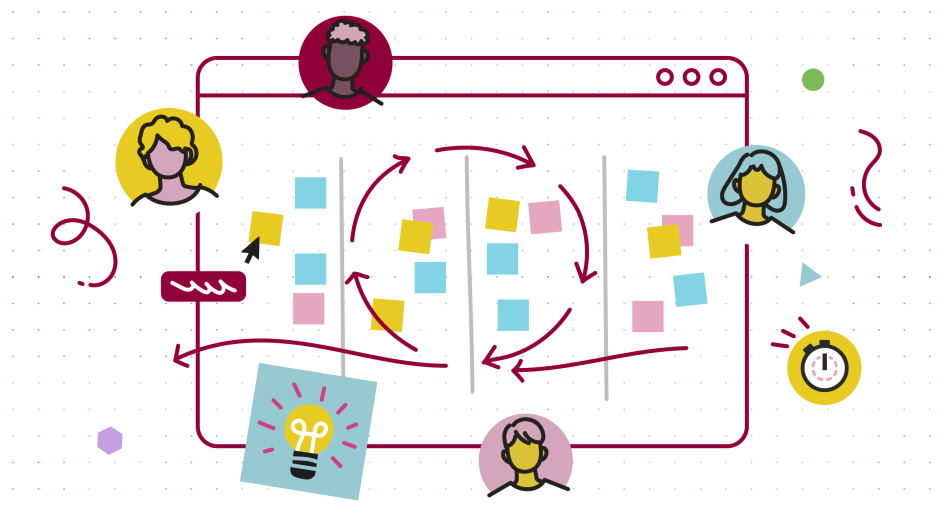No one can deny that good team collaboration is key to the success of any software development project. However, what constitutes “good” team collaboration practices can be subjective. This blog post will explore some of the best practices for software team collaboration and discuss how they can help your project succeed. We’ll also provide tips on implementing these practices in your workplace. So if you’re looking to take your software development projects to the next level, read on!

Software team collaboration best practices for more effective workflow
There are many ways to collaborate, and the best approach for any team depends on the project at hand and the team’s strengths and preferences. However, there are some general practices that all teams can follow to make collaboration more effective.
- Define roles and responsibilities
Before starting any project, clearly defining roles and responsibilities within the team is important. This will ensure that everyone knows their tasks and who they should work with on each task. It can also help prevent duplication of effort and avoid confusion later on.
- Set up communication channels
Communication is essential for effective collaboration, so it’s important to set up channels that everyone on the team can use to communicate with each other easily. This could include setting up a team chat room, using project management software, or using email or regular meetings.
- Encourage knowledge sharing
One of the most important aspects of collaboration is sharing knowledge and ideas. Encourage team members to share their expertise so everyone can benefit from each other’s skills and experience. This could involve setting up regular knowledge-sharing sessions or simply encouraging team members to share what they know with each other on a day-to-day basis.
- Foster a culture of openness
Creating an environment where team members feel comfortable sharing their ideas and opinions is important. Encourage open discussion and debate, and ensure that everyone feels their voice is being heard. This will help ensure that the best ideas rise to the top and that everyone is working towards the same goal.
- Encourage feedback
Feedback is essential for effective collaboration, so make sure that team members are encouraged to give and receive it regularly. Feedback should be constructive and focused on the work, not personal opinion or ego. By encouraging feedback, you can help ensure everyone is always learning and improving.
- Celebrate successes
Celebrating successes as a team is important, as this can help build morale and motivate everyone to continue working hard. Take the time to celebrate each success, no matter how small, and make sure everyone knows about it. This will help to keep the team focused and working towards common goals.

Benefits of collaboration software development for your IT business
There are many benefits of collaboration software development for your IT business. Here are just a few:
- Increased Productivity
When your team can collaborate more effectively, they will be able to get more work done. This means increased productivity for your business.
- Better Quality Products
When team members can work together more effectively, the quality of the products they develop will improve. This can lead to happier customers and more repeat business.
- Greater Innovation
When team members can share ideas more easily, it can lead to greater innovation. This can help your business stay ahead of the competition.
- Reduced Costs
With collaboration software in place, you may be able to reduce costs associated with travel and other expenses. This can save your business money and help to improve your bottom line.
Investing in collaboration software development can have many benefits for your IT business. These are just a few of the most important ones. When you decide to invest in such software, be sure to choose a solution that meets your team’s specific needs. This will help ensure you get the most out of your investment.





